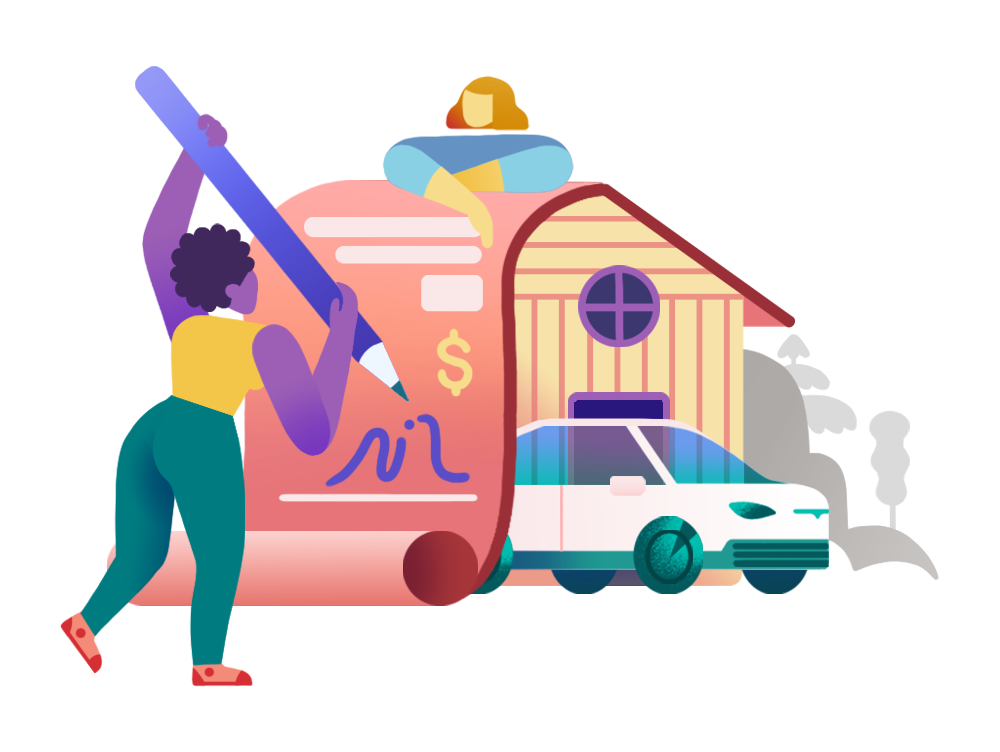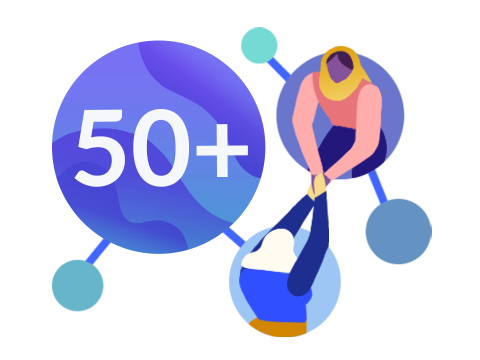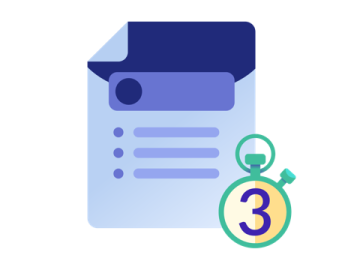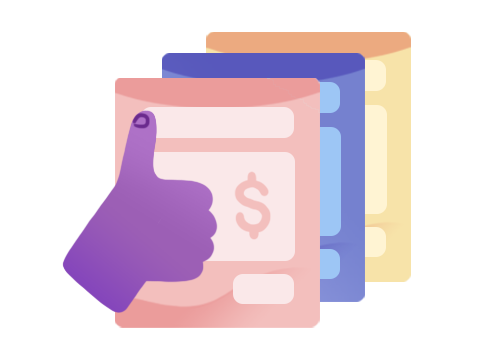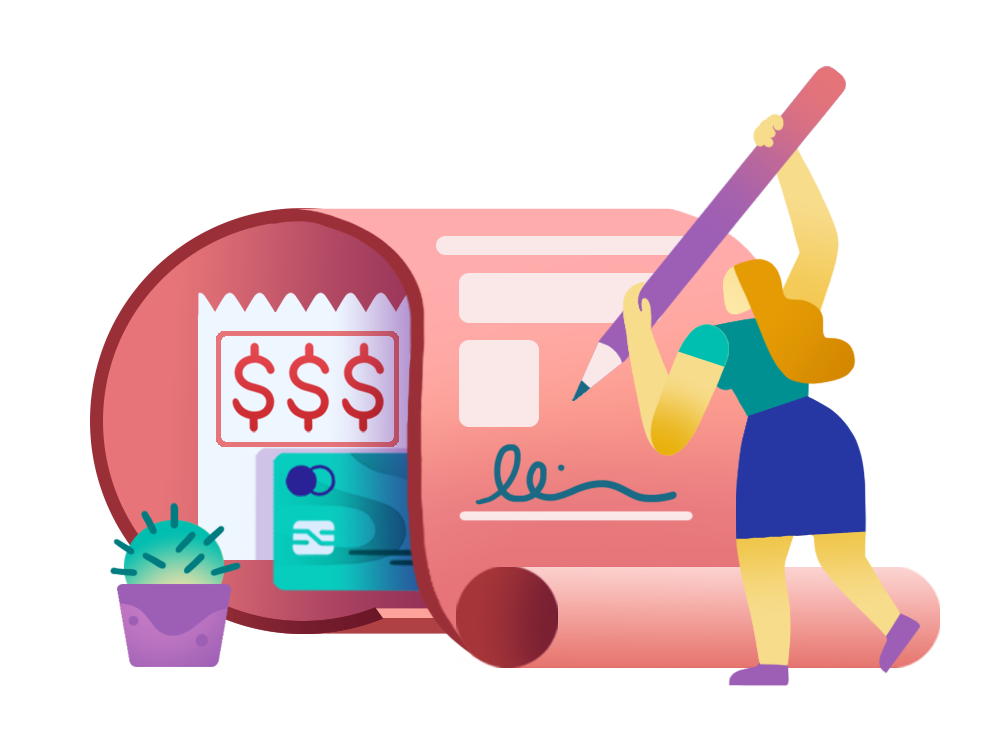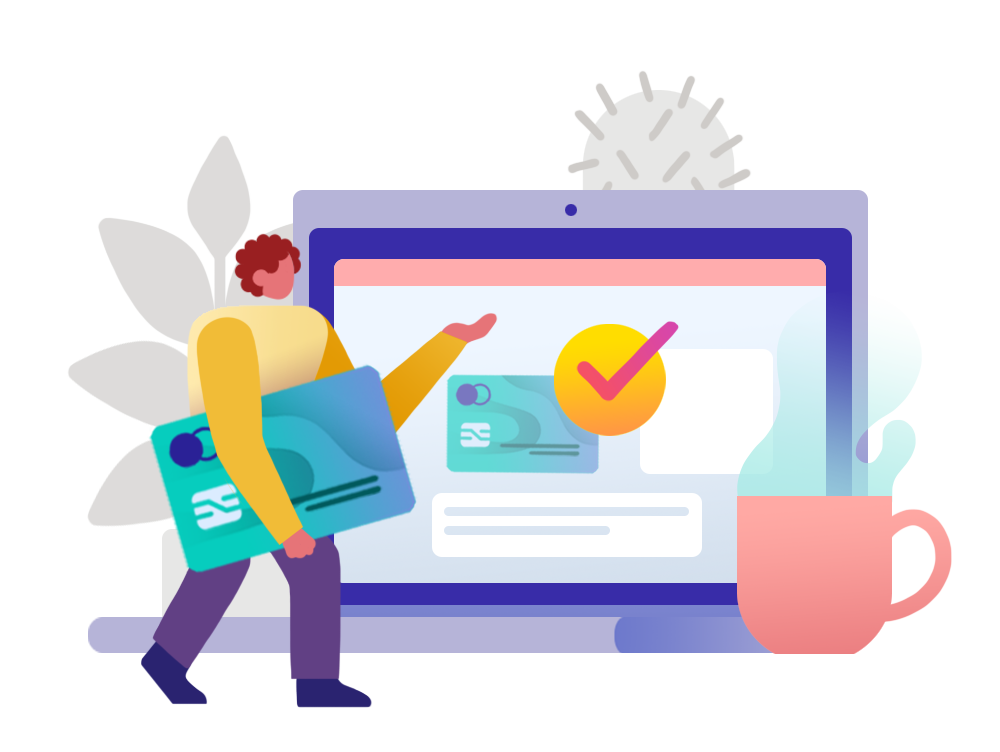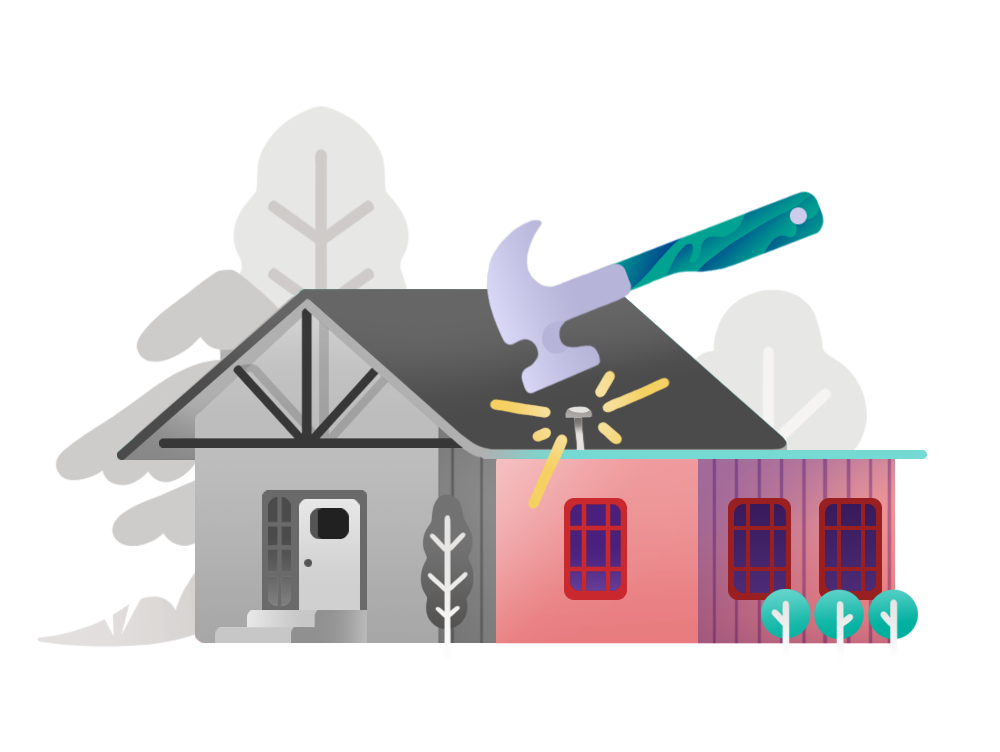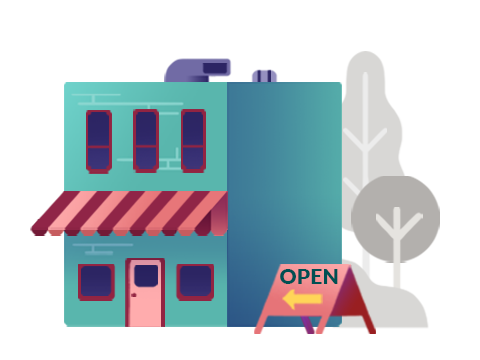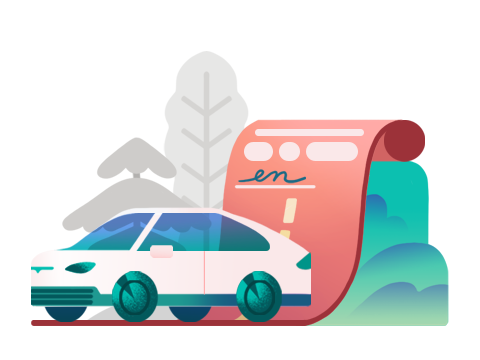A personal loan and a personal line of credit are both useful borrowing options, but they work differently.
Jessica Martel
Jan 16, 2023
Read More
Looking for a loan? Scroll down to see some of the best loans available in Canada. Want to see whether you'll qualify? Sign up for Borrowell to get your free Equifax credit score and instantly find out your approval chances for all kinds of loans. Quickly compare the best personal loans in Canada and see your likelihood of approval in minutes!
| Provider | Loan Amount | Interest Rate | Term | |
|---|---|---|---|---|
 | $500 - $25,000 | Unsecured Personal Loans from 26.99%* | 6 - 60 months | Apply Now |
 | Loan Amount $500 - $25,000
Interest Rate Unsecured Personal Loans from 26.99%*
Term 6 - 60 months
Apply Now | |||
 | $1000 to $10 000 | Interest rates from 12.99% - 39.99% | 9 to 60 months | Apply Now |
 | Loan Amount $1000 to $10 000
Interest Rate Interest rates from 12.99% - 39.99%
Term 9 to 60 months
Apply Now | |||
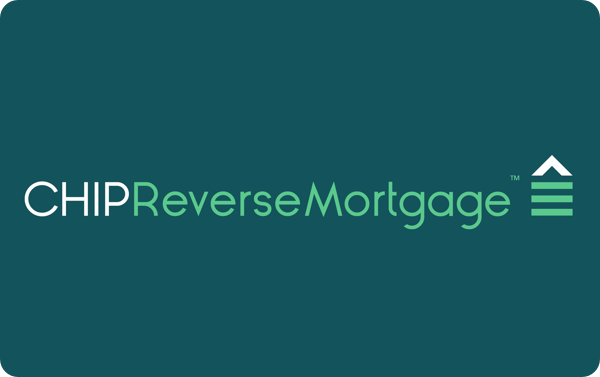 | Up to 55% of your home value | 8.54% - 10.58% | 6 - 60 months | Apply Now |
 |
Borrowell works with over 50+ financial partners in Canada to find loans that match your profile. When you sign up for Borrowell to check your free credit score, you'll instantly see your approval chances for all kinds of loans in Canada. See tailored loan options that are available to you. Plus, keep track of your credit health on a weekly basis and get personalized tips to help you build your score and qualify for different offers in the future.
Sign up and get your free Equifax credit score in just 3 minutes. Your credit score is updated on a weekly basis, and checking your score won't hurt it!
Your credit profile is automatically matched with the best loan products for you. Select your offer and complete the online application through the platform.
Once you are approved through loan partners, you can usually get access to funds in a matter of days.
A personal loan is used when you borrow a fixed amount of money for personal needs for large purchases (car, boat etc), schooling, home repairs, renovations etc. This differs from business loans, which are used primarily for paying capital or operational expenses.
Personal loans work a lot like other loan types. You’re borrowing money from a lender that you eventually have to repay with interest and fees, as applicable
Personal loans are considered installment loans, because you repay them with interest and fees over a specific period of time (or term).
Every lender has different criteria, however, some common requirements for borrowers include:
A credit score within a certain range
Some form of credit history
A Canadian bank account
Proof of income / Steady employment
Canadian Residency
You must be 18+ years of age
You can check your credit score in Canada by using Borrowell and see what loans you qualify for based on your credit score.
Borrowell's recommendation engine automatically matches your unique credit profile with loan products from dozens of financial institutions. You can see which loan products meet your needs and your likelihood of approval, and save time by applying in just a few clicks through the site. Sign up for Borrowell to quickly find loans that match your credit score.
When managed responsibly, a personal loan can help you build a strong payment history, which is the largest factor that makes up your credit score. If you have a low credit score, you may find it harder to get approved for personal loans. For individuals with low credit scores, there are loans available to help you improve your payment history.
Take control of your debt by consolidating into one affordable monthly payment.
Eliminate high-interest credit card debt and pay it off sooner to potentially save you money!
Fund your home improvement or repair projects with a low-interest, unsecured loan from Borrowell.
If you are looking to make a large purchase, you can explore offers and terms that meet your unique needs.
If you’re starting a small business, expanding or need some extra help to get through a rough patch, you might consider getting a business loan.
Buying a new car or upgrading your existing vechicle- getting a car loan can help get you in the driver's seat quickly.
Much like any other form of debt you take on, a personal loan will impact your credit score in various ways.
When you apply for a loan, many potential lenders will do what is known as a “hard inquiry” on your credit report to see whether or not you have a high credit score and would be a good credit risk. When a lender does a hard credit check there will be a record of the inquiry on your file and it could result in a 5 to 10-point temporary decrease in your credit score. If, however, you’ve been pre-approved for a loan, a lender will only make a soft inquiry on your credit record and soft checks do not affect your credit rating.
Diligently making your loan payments on time can have a positive affect on your credit score. 35% of your credit rating is based on how good you are about paying off your monthly balances. Therefore, responsibly managing a personal loan will have a positive influence on your credit score and will help you build your score over time. The reverse, however, is equally true. If you don’t make your payments on time and start to fall behind, your credit score could drop.
Reneging on your agreement with your lender means your loan would go into default after a few missed payments, which would have serious, long-term repercussions on your financial health. Likely, you will start to amass late fees or NSF charges as you begin to miss payments. At some point (usually anywhere from 2 to 3 months, the length of time varies depending on the lender) your creditor may send your debt to a collection agency. You’ll then have to deal with constant calls and letters from the agency about repaying your debt. Collection agencies can be very persistent and could chase the payment for years. Or your lender may even decide to sue directly for the money you owe.
Your lender will also report the loan default to a credit bureau. Your credit score will then decrease and other lenders will be wary about loaning you money in the future. A loan default can stay on your credit report for at least 6 years.
In general, a fixed interest rate stays the same for the duration of your loan period. A floating rate (also known as a variable rate) fluctuates over the length of the loan. Usually a variable interest rate will change whenever the Bank of Canada changes its benchmark rate. A fixed rate is ideal for someone who likes stability and wants a predictable payment schedule. A floating rate can either go up or down over time so borrowers who believe that interest rates will decrease will opt for a variable rate. Of course, interest rates and the economy can be hard to predict so borrowers who go with a variable rate have to be prepared to face the risk that their interest rates may increase.
There are numerous benefits to getting a personal loan over a credit card. The primary benefit of getting a personal loan is that you will usually enjoy much lower interest rates than you would with a credit card, which could save thousands of dollars. Additionally, another benefit of getting a personal loan is that you’ll have a specific repayment plan to follow, which is especially good for borrowers who are less organized with keeping track of debt. Finally, it can be very tempting to keep charging big ticket items to a credit card and thus amass more debt, whereas a personal loan restricts how much you can spend, preventing you from going further into debt.
Unfortunately, a personal loan will not improve your credit utilization ratio. Credit utilization is how much you’re using out of your available credit. It’s an important feature of your credit score, accounting for 30%. However, it’s important to note that it only takes into account revolving credit, meaning credit that you can borrow, pay back and use again. A personal loan does not count as revolving credit. It’s not all bad news though. Responsible use of a personal loan can contribute to your overall credit mix (which accounts for about 10% of your credit score) and repayment history (which accounts for 35%).
Unlike with a secured loan, an unsecured personal loan means the borrower does not need to provide a form of collateral (like a home or other asset) to guarantee repayment of the funds. Because repayment of the personal loan is not guaranteed with collateral, unsecured loans tend to have higher interest rates than secured loans. It’s also quicker to get approved for an unsecured loan because potential lenders won’t need to do a valuation of your assets.
One of the fastest ways to lower or consolidate debt is to get a loan. A loan that is large enough to allow you to pay off all your creditors (also known as a consolidation loan) can make it much easier to manage debt because you then have only one lender you need to make payments to. To ensure you get out of debt fast, it’s essential that you get a loan with a reasonable interest rate, low or no fees and a manageable repayment term. Having a loan that requires repayment at regular intervals and within a clearly defined term can also make it easier and quicker for less disciplined borrowers to lower their debt. For more info, see What is debt consolidation?
There are three common types of payback schedules for loans.
Bi-weekly payments. This means you will be making payments every other week and will make 26 payments annually versus 24 (which you would pay on semi-monthly payments).
Semi-monthly payments. This is twice per month and means that you will have 24 payments during the year.
Monthly payments. Paying on the same day every month can make it easier to control and also provide you with more flexibility to manage your cash flow (12 payments).
A personal loan and a personal line of credit are both useful borrowing options, but they work differently.
Jessica Martel
Jan 16, 2023
Read More
A personal loan can help you improve your credit score if you manage your payments properly.
Kate Smalley
Dec 07, 2021
Learn More
Refinancing a car loan can help secure a lower interest rate and reduce your monthly payments, but how does refinancing affect your credit score?
Karen Stevens
Dec 19, 2022
Read More
Advertiser Disclosure
Some of the products that appear on our website are from partners who pay us a referral fee. This compensation allows Borrowell to provide services such as free access to your credit report and score.
While Borrowell receives compensation from partners for some products, unless the article or review is clearly marked “Sponsored”, products mentioned in articles and reviews are based on the author’s subjective assessment of the products’ value to readers, not compensation.
Our goal at Borrowell is to present readers with product choices that will help them achieve their financial goals but our offers do not represent all financial products. The content provided on our site is for information only and is not financial investment advice or professional advice.
